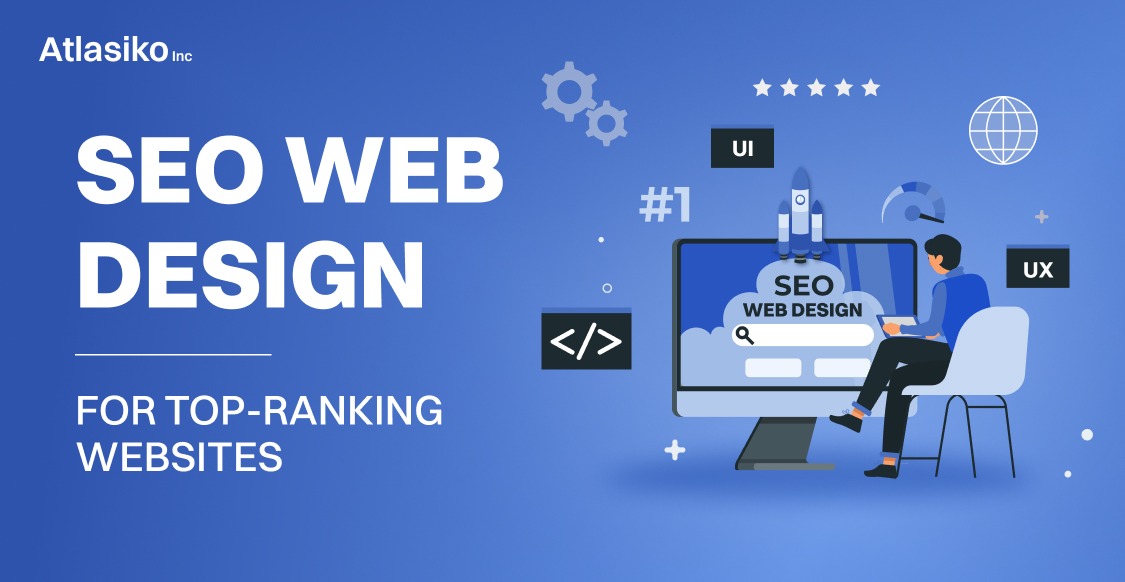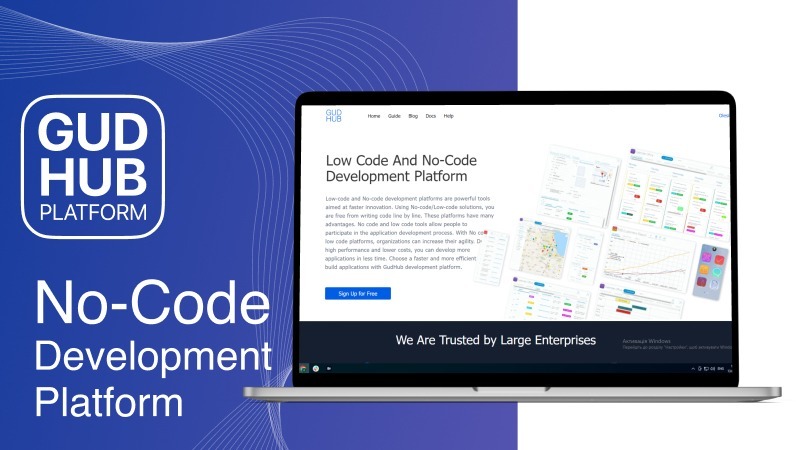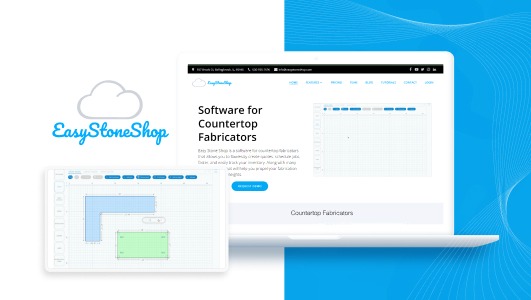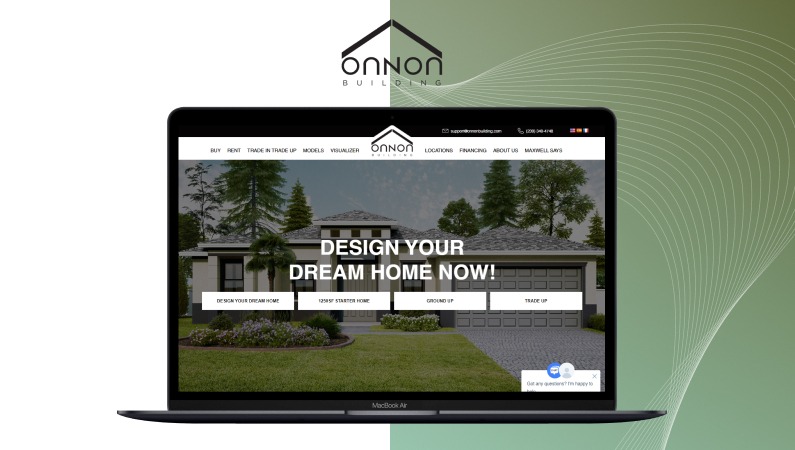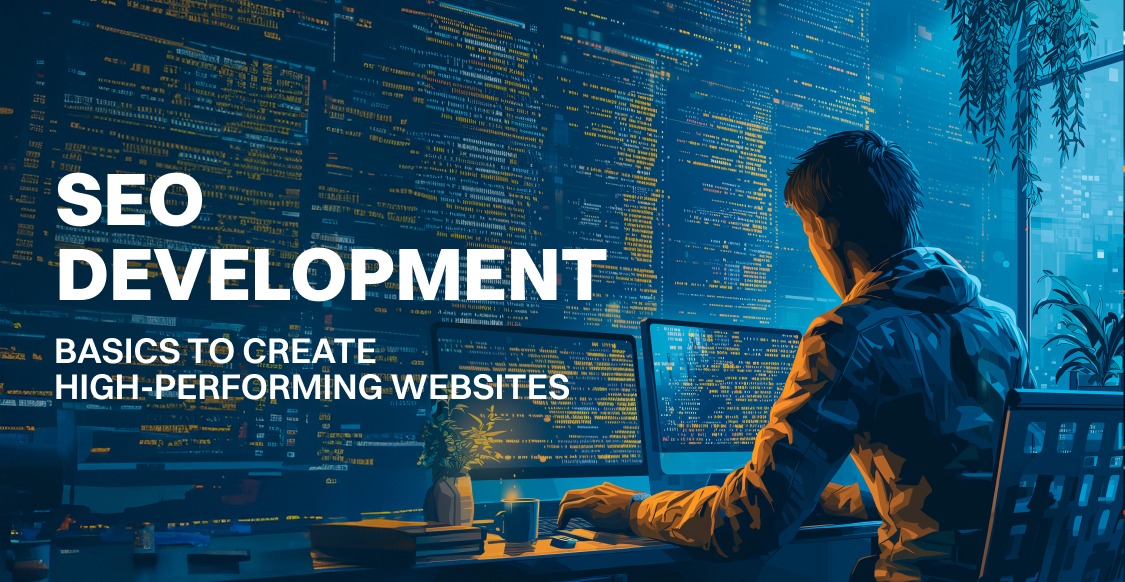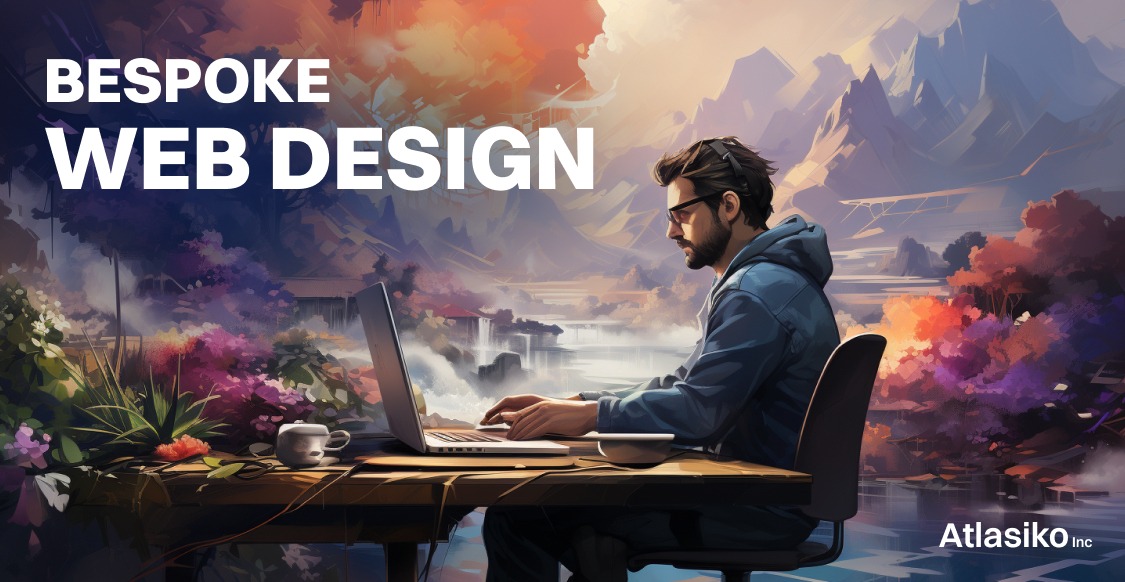With today’s levels of competition in the realm of web design services, it’s not enough to simply have a pleasant-looking and functional site for your business. Your offerings and content will get lost in the abundance of web pages without proper search engine optimization. However, many overlook just how significantly a faulty web design can impact your optimization effort, decreasing its effect to a minimum. Only when website design and SEO work together, it’s possible to achieve the full potential and secure high rankings and web traffic.
Professionals at Atlasiko have vast experience in delivering web design SEO expertise for businesses of different caliber and fields. In this article, our experts will share their qualified opinions, tried-and-true practices, and insights on how to create efficient web design for SEO success.
What is SEO website design?
Before delving into the details and how-tos, let’s outline a brief answer to a popular question “What is SEO web design?”. The meaning of SEO website design can be simply defined as a practice of creating or optimizing site and web page organization by following the best methods to boost their rankings in search engine results.
The main purpose is to aid businesses in boosting traffic and enhancing user experience. The importance of this practice is clearly defined by search engines. Google's own guides mention the benefits of working with search engine optimization specialists when creating or rebuilding a site to assist in making sure the result is search engine optimization website design. Moreover, organic ranking variables like site performance and mobile friendliness are directly impacted by the website’s architecture, interface and content.
Why businesses need SEO design
Looking at the reasons why organizations benefit by using SEO-friendly web design, we can note a few major advantages.
- Growth of organic traffic
Gaining organic traffic is one of the major goals of search engine optimization. It marks the unpaid web traffic that can potentially be converted into clients. This practice can ensure the growth of this type of traffic which subsequently positively influences conversion rates. - Increased brand awareness thanks to SEO-friendly web designs
Increasing brand awareness is another benefit that businesses strive to obtain. It is excellent for boosting conversions since traffic with high intent is much more valuable than other types of traffic. - Enhanced user experience
UX is one of the most significant investments for SEO web designing. Your site must be both user-friendly and optimized if you want to please Google's algorithm. Google has changed its regulations so that metrics relating to the user experience count when your site is ranked. Therefore, by using the best practices you can improve the user experience and rank higher in the search, killing two birds with one stone. - Efficient marketing thanks to SEO design
The emphasis on search engine friendliness of your site increases the outcomes of your optimization and marketing efforts to a great extent. Compared to other methods of product promotion and advertising, this is a low-cost tactic for assisting your website in achieving your marketing objectives and raising your overall return on investment. - Better performance with search engine-friendly website design
It targets such important performance metrics as page loading speed, views, bounce and conversion rates. These aspects have been in the focus for a long time so they developed a considerable number of methods and techniques to optimize them and make your website design SEO-friendly.
Aspects that impact SEO in web design
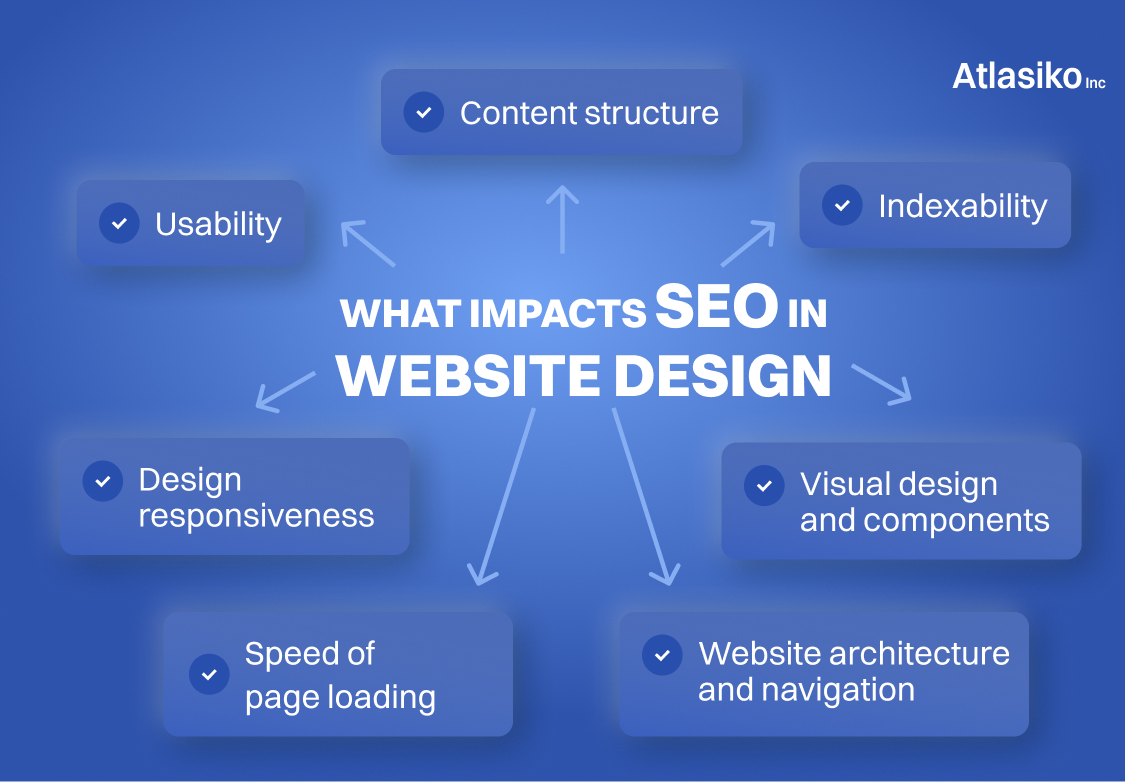
- Design responsiveness
Because up to 70% of all traffic now comes from mobile devices, your website must be optimized for all screen sizes, including mobile, tablet, and desktop. Not only does having a responsive design help UX, but it also increases the chances of getting high positions in search. Orientation on mobile-first creation is also one of the current trends in web development. - Speed of page loading
Naturally, most users leave a site that loads slowly without even looking at the content. That translates into lesser client engagement, and fewer sales and conversions. According to the report by Portent, pages that load in 1 second have around 40% conversion rates. At the same time, over a 5-second page load decreases this rate by half and more compared to the fastest websites. Google's algorithms place a high priority on page speed as well. Site speed is significantly impacted by interface elements, so it’s a crucial aspect to optimize creating website design with SEO. - Website architecture and navigation
Visitors can get around your website more easily when you provide them with an easy-to-understand structure of site architecture. A search engine-friendly navigation is a tool that not only helps users become more aware of all your pages, goods, and services, but also highly influences such important success factors as indexability and crawlability. The proper array of web pages also makes it easier for search engines to find and comprehend your pages. Another critical part of the website navigation, however, is the internal links. - Usability
An unpleasant user experience is the direct result of bad usability which determines how long visitors stay on your website and whether they eventually convert into clients. A decent user experience for search engines and visitors is guaranteed by web design with SEO. - Visual design and components
Undoubtedly, the visual appearance of the website is a great part of visitors’ impression of your brand. Moreover, the elements of the visual side can play a significant role in your website design for SEO advancements. You can increase traffic from image and video searches using image search optimization throughout the website creation. - Content structure
Readability is a significant ranking element as well. Visitors to your website who are unable to read the material are not benefiting in any way from your company. The correct use of fonts, headings, and optimized texts created by professional copywriters and arranged as a part of a well-structured web page organization is a way to get through with your content and offerings to potential clients. - Indexability
Being comprehensible to search engines is just as important as being understandable to visitors. To even appear in the search results, your web pages must be indexed by Google, which also heavily depends on whether you use SEO website designs and approaches or not. The likelihood of the pages appearing in the search engine results pages increases significantly if a search engine can easily crawl a site.
Web design and SEO practices for high-ranking positions
Specialists in search engine optimization and web design have combined their efforts to create effective methods and technologies for achieving the common goal of creating high-performing sites. Here, our experts share the most popular practices of how to build a website for SEO progress.
Professional UX
The usability and overall user experience impact such important metrics as time on page, bounce rates, pages per session, dwell time, and, naturally, rankings. SEO and design of user experience are like two puzzle pieces necessary to create a full picture. In general, professional UX creation encompasses many aspects that became independent practices. Let’s outline them.
UX web designer SEO hacks
- Improve speed. The loading speed is one of the core qualities of performance to be assessed. We share the best methods to enhance it further in the article.
- Make optimized titles. Both site visitors and search engines can better understand the hierarchy of content on a website thanks to HTML semantic heading tags.
- Opt for user and mobile-friendly layouts. Usability and positive impression of your site can depend on the composition of the layout and its accessibility on mobile devices.
- Facilitate navigation. Let visitors easily explore your content thanks to a simple navigation structure. You can find our tips on how to implement this method in one of the next sections.
- Brand consistency. The content and visuals of your web solution have to correspond to the purpose and objectives of your brand, as well as meet client search intent.
Investing in mobile-first design
Since the digital revolution has been led by mobile devices, nowadays, more and more web designers choose a mobile-first strategy in development. The main reason for this shift in the approach lies in the increasing number of mobile users and the web traffic they produce. According to Datareportal, around 65.7% of the world’s population uses smartphones as of the 4th quarter of 2023. Naturally, web designing and SEO for mobile devices are crucial for retaining customers. Web architects can begin developing products for mobile devices first thanks to mobile-first orientation or progressive advancement. It makes sense because there are space constraints on smaller screens, and teams need to make sure that the website's essential components are visible to anyone using those screens.
Web design & SEO effective practices for mobile devices
- Use proven methods for implementing the mobile-first approach. They include Google-recommended responsive design (changing layouts without changes in HTML code or URLs), dynamic serving (changed HTML code but same URLs across device types), and separate URLs (changed HTML code on different URLs depending on devices).
- Optimize content. Your textual and visual elements have to be optimized to be accessible and readable on mobile devices. Make sure to use readable fonts, short paragraphs, optimized images, high-contrast colors, properly placed CTAs, and no pop-ups.
- Regular testing. To ensure your marketing will work as planned on mobile devices, test your product on mobile-friendliness, performance, and usability as often as possible. Remember that for mobile users it’s a matter of a few seconds to assess your website and decide whether they want to explore it or not, and user experience is a key factor in this decision.
Enhanced speed for website design and SEO
An important variable that Google takes seriously when it comes to algorithm ranking factors is page loading speed. The search engine has acknowledged that your website will perform better if it loads more quickly while slow loading times result in less visibility and organic traffic, damaging your rankings. Additionally, page speed influences how frequently search engine bots crawl pages. Overall, overlooking the importance of page speed optimization can cost you valuable opportunities to promote your website through the search.
Improving the speed of your website and SEO
- Use optimized images. It is important since large picture files can considerably slow down the loading of your website.
- Reduce the number of HTTP requests. The loading times can be sped up by reducing the amount of HTTP requests.
- Enable caching. It’ll help consumers save a copy of the material from your website on their device and speed up subsequent visits.
- Reduce the use of plugins. Although helping to extend functionality, plugins can greatly slow down the loading times of your website.
- Use a quick web host. You can enhance your loading speed by selecting a web server for hosting that is trustworthy and quick with a high uptime.
Focus on indexability and crawling
To ensure the full realization of your SEO and website design, the strategy must include specific measures for improving indexability and crawlability. The first term means the creation of a site in such a way that it is simple for Google to find and comprehend. The second aspect describes how easily web crawlers of search engines can visit different pages on a website. Focusing on achieving high crawlability quality is crucial for your indexing and ranks in search results. For example, Google will only crawl a certain number of pages before making decisions. This practice is tightly connected with our next point since poor information structure and internal linking can prevent crawlers from viewing all of your information.
Web design and search engine optimization hacks for better indexability
- Create sitemaps. Make a list of all important pages you want to be checked in an .xml file called a sitemap. It can significantly facilitate the work for web crawlers when submitted to Google Search Console and accelerate indexing processes.
- Utilize internal links. Web crawlers can orient on your pages more easily thanks to different types of links. We outline the importance of internal linking in the next section.
- Ensure quality content and regular updates. All the content on your web pages has to be unique, have great quality and be up-to-date to be indexed and ranked high.
- Leverage noindex tags. These HTML metatags can be used to determine pages that you don’t want to be indexed and shown in search results, keeping crawlers’ focus on more important pages.
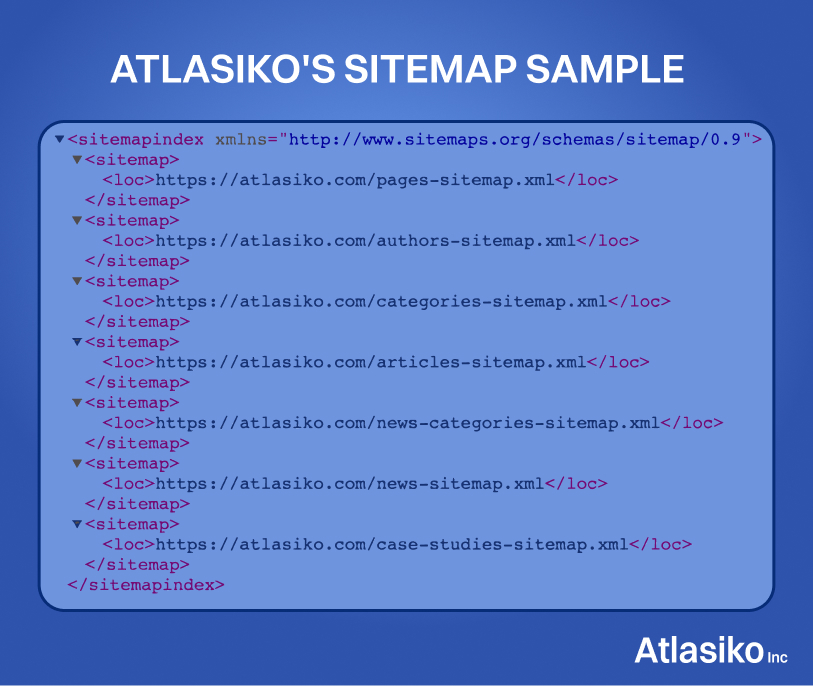
Intuitiveness in website architecture
Confusing your website visitors means losing your website visitors. Even the most pleasant-looking interface won’t prevent them from exiting your web pages if they don’t understand how to navigate through them and use their capabilities. Moreover, we’ve already mentioned that this aspect of SEO web design enhancement is highly important not only for people but also for the search engine’s web crawlers. Overall, the navigation experience for both parties substantially impacts the rankings and conversion rates.
Intuitive navigation with internal linking for SEO and website design
- Use interlinking for navigation. Navigational links ensure effective crawlability for search engines and an intuitive experience for potential clients exploring your offers. Their usual placements are headers, footers, and, of course, navigation bars.
- Set up a content hierarchy. Through categori es and subcategories, arrange the content of your website. Consider creating a subcategory page if you have more than a dozen products on one page.
- Create an intuitive URL structure. Make sure that your content hierarchy is clearly depicted in your URLs for a comprehensive architecture and better crawling.
- Connect pages using contextual links. The creation of helpful blog posts, FAQs, and other content by content writers can increase traffic to your product or service pages. Using contextual linking in the main body of content anchored to relevant phrases helps customers find additional information and positively influences your SEO and web design improvement efforts.
- Give clear directions. Every element of your website design has to be easily comprehensible and with a clearly depicted purpose. Using your product shouldn't require any mental effort, so make sure to provide users with clear directions to get about your site structure.
Optimized content
Both the textual and visual content have to be thoroughly optimized by professional SEO website designers. Text optimization is usually implemented by expert writers but the organization and visual representation of these texts is a responsibility of the latter. Therefore, it's important to combine efforts. This collaboration also includes working on the creation of unique images and their optimization.
Cooperation for content optimization
- Use best SEO practices for texts. It goes without saying that for successful optimization you have to produce high-quality texts that meet all standards of search engines. This includes keyword research and their proper use, effective headings, and meta tags.
- Incorporate SEO strategy into URLs. The focus keyword from your web page should not just be included in each URL slug but also be the main focus.
- Optimize images. Visual elements such as images and videos have to be of appropriate size and format so as not to hinder the performance. Their names also play a significant role in website design and SEO. Using terms and phrases with keywords can help Google understand their meaning and boost image and video search results.
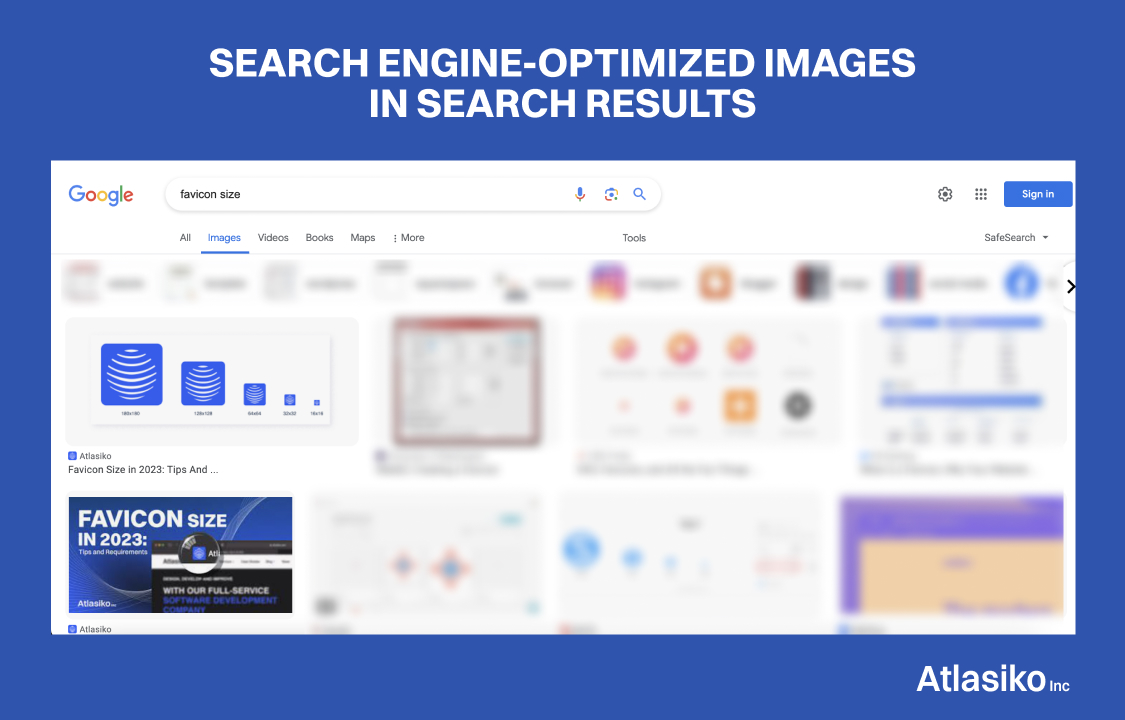
Web designing and SEO hacks for accessibility
Enhanced accessibility is one of the standards that web designer and SEO specialists strive to achieve. Actually, Google has never established this aspect as an official ranking factor, mostly because it’s difficult to measure with existing metrics. However, we beg to differ. Atlasiko’s experts believe that orientation on accessibility can boost your ranks by extending the targeted group of website visitors. Thinking through all possible issues and special needs that users might have during the composition stage is a way to implement this approach.
Accessibility tips for website SEO design
- Optimize Alt tags for images. Alternative text describes what exactly you can see in the picture. It makes your content more accessible as people can know what that image depicts even when they are unable to load it due to a slow Internet connection.
- Opt for contrast colors in UI. Using colors with strong contrast makes it simpler to differentiate between text, background, and images on websites. High-contrast UI improves readability and accessibility during night-time use and makes it easier for people with sight issues to distinguish different elements and texts.
- Use appropriate fonts. The font size and text alignment you choose have a direct impact on readability. Too small fonts can be a serious problem for visually impaired people which, naturally, will avert them from looking through your content. It also goes against Google-recommended guidelines. To make your page easier to read, use a font size of at least 16 pixels and a left-side alignment.
Web design and search engine optimization with SERPs in mind
Search engine results pages (SERPs) are pages you get after typing your query in the search bar of search engines. They display both paid ads and organic search results. On these pages, your website gets to be represented in the form of a short snippet containing the page title, URL, and meta description. Other organic features can be added to your snippet with the use of schema markup to facilitate the work for web crawlers and attract the attention of search users. It’s highly important to consider these features and possibilities as this snippet on SERPs is the first encounter users have with your web pages.
Focus points of SERPs’ SEO for web designers
- Use more features for your snippet. If you can add more elements to your snippet on SERPs, use this opportunity to give users more information about your brand and products. It can be review stars, site links, logos, etc.
- Target Featured snippets. FAQs, different types of lists, and tables that are related to the user query the most have chances to get into featured snippets displayed at the very top of SERPs. Seizing this position ensures increased visibility and more clicks, so it’s better to include relevant elements when composing web pages.
- Aim at People also ask. This is another block featured on SERPs you should target and think through when working on your website design and SEO. It contains the most suitable answers to user questions picked by Google from your page.
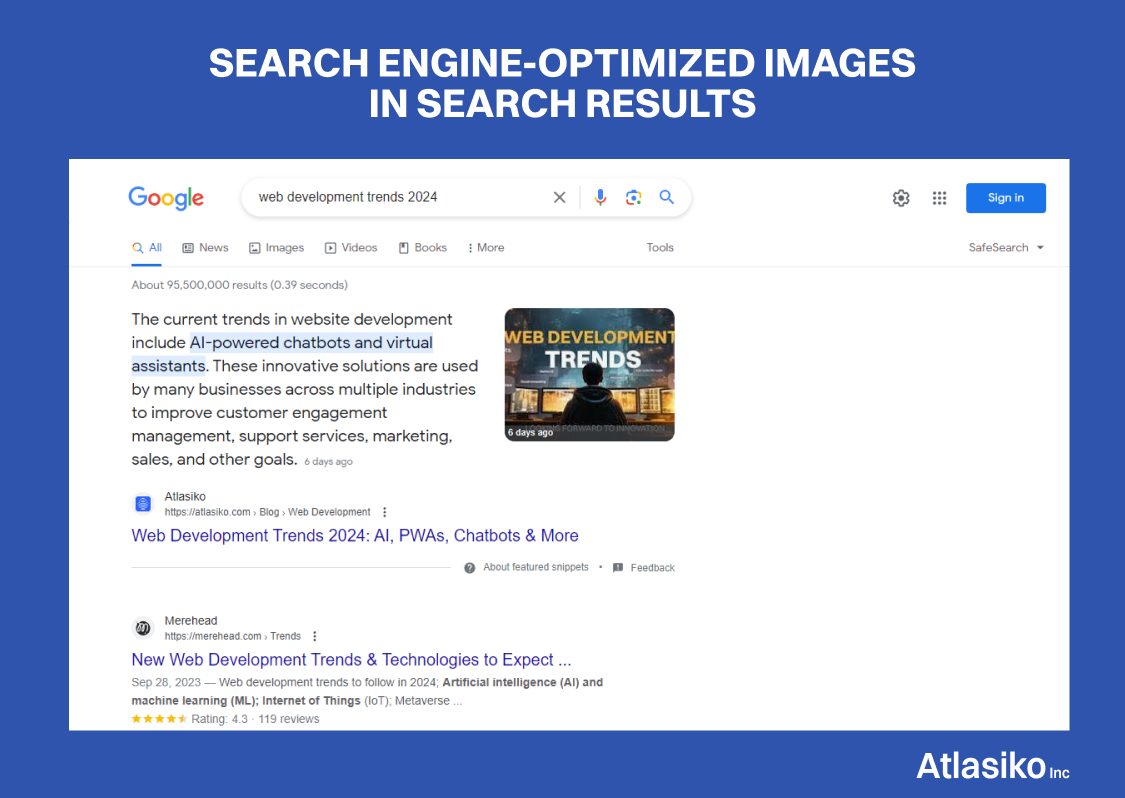
Metadata SEO in website design
This section is a direct continuation of the previous one as metadata is displayed on search engine results pages and has proven to directly impact searchability. It includes such components as meta-title and meta-description. Paying close attention to meta tags contributes to promoting the website through the ranks.
Best SEO practices for web design
- Improve meta-titles. Google allows page titles to have 60 characters or less in length but we recommend creating titles that can be fully displayed in your snippet without getting cut out. To make them search engine-focused, include keywords related to the main topic of your page but don’t overuse them.
- Create a professional meta-description. Meta-description you set up isn’t necessarily decisive for your web design and SEO as they can be changed by Google. It’s still a great touch for a complete assurance that you do your best, and sometimes the use of keywords in this tag indeed pays off. Make it with the user experience in mind describing the primary objective of a page within 160 characters.
- Don’t forget about the open graph meta. These tags are code snippets purposed to organize and control how URLs are presented when shared on social media feeds. They enhance the visual appeal of the material and make it obvious to the viewer what it is about.
Atlasiko is an expert web design SEO company
Atlasiko Inc. has an excellent track record of delivering professional website design and SEO services. Our expertise gained throughout more than 8 years of work experience in the field is highly appreciated and recognized by our partners. We offer an extensive web design and SEO package to help our respectable clients reach their objectives through professional assistance. You can view the project results delivered by Atlasiko on the Case studies page and request our services right away.
Conclusion
We hope this article helps you to find the answer to the question “What is SEO in web design?” and realize the importance of its practices to the full extent. Their expert combination and collaboration organized by both parties of the web design specialists spectrum increases your chances of getting to the top of search results and opens opportunities for conversion growth. Now that you realize how important the combination of professional SEO web design is for a successful promotion of your brand through the search, don’t hesitate to contact us for the best services.





